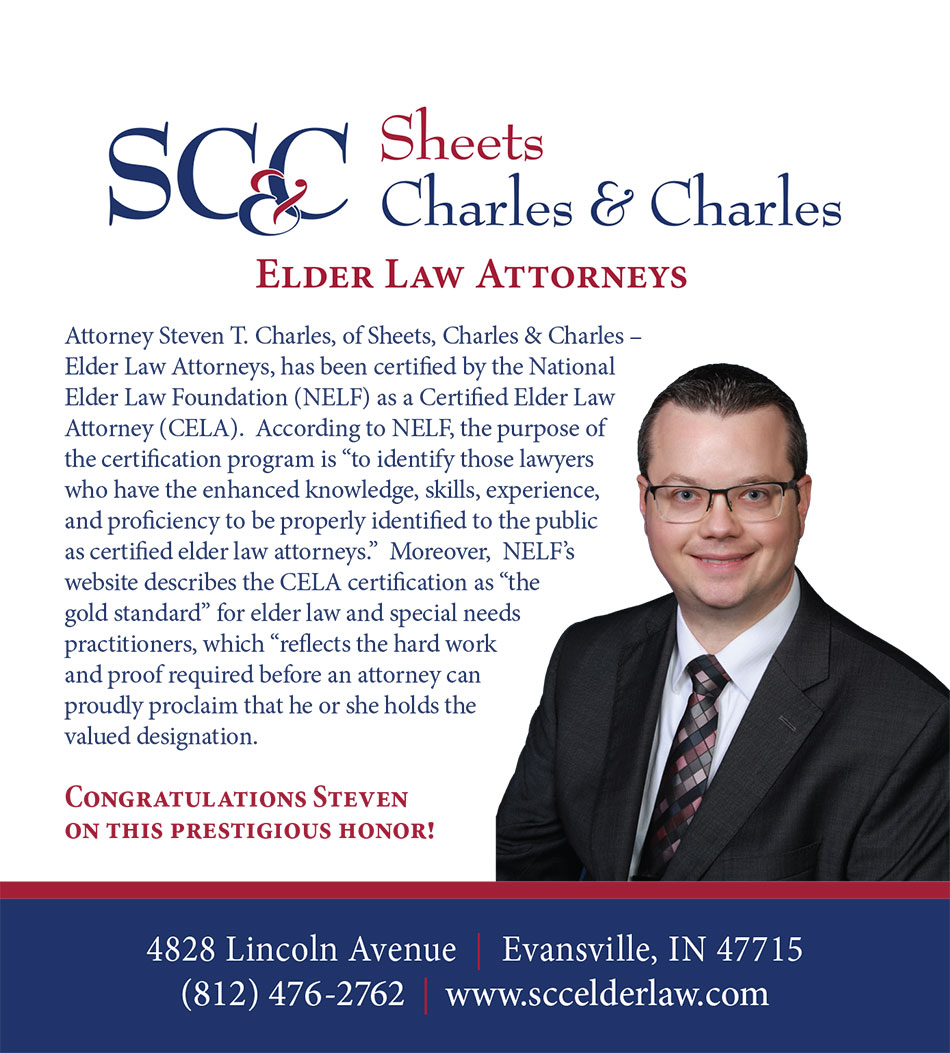Frequently Asked Questions
What Is An Elder Law Attorney?
Elder Law includes:
- Preserving assets with estate and Medicaid planning
- Wills and trusts
- Estate administration
- Guardianships
- Tax deferred retirement plans
- Long term care issues
- Planning for disability through durable powers of attorney, revocable trusts, living wills, and health care proxies

NELF large from National Elder Law Foundation on Vimeo.
Why You Need An Elder Law Attorney
Generally, people who want to engage in Medicaid planning are those who have been diagnosed with a severe illness and, therefore, can no longer obtain long-term care insurance. A typical client may own a home and have countable assets of under $300,000. The client may be married and want to preserve assets for his or her aging spouse who is no longer able to work. Some clients are single and their goal is to preserve some of their assets for their children.
There are many strategies available to preserve assets. We use an individual planning strategy for each client, as no two clients have the exact same situation, investments, or goas. It is the job of the elder law attorney to recommend and implement strategies that achieve the best result for the client. Many people come to the elder law attorney with very low expectations of what can be done to preserve assets. These clients are invariably pleased with what can be done to preserve assets after an initial consultation. Some come with unrealistic expectations, both as to the value of the assets that can be protected and the degree of difficulty in doing so. In either case, the elder law attorney must explain the various strategies to the client and help the client choose the most promising strategy in his or her circumstances. The options are complicated and varied. Only an elder law attorney can provide the level of competency required to understand all the options and explain them to the client.
What can I do to protect my assets if I ever need to enter a nursing home?
If you are married, you might consider creating and funding a revocable living trust that provides for total distribution to the estate of the first of you or your spouse to die. Your will would provide for distribution of all probate assets to a testamentary trust for the benefit of your spouse.
Such an arrangement is specifically exempted from the penalties that are imposed upon transfers to irrevocable living trusts. The assets in the testamentary trust are treated as entirely exempt under the Medicaid rules.
This device does no harm if either the husband or the wife needs nursing home care before the first of them to die. Since the trust is revocable, the assets are available for effective Medicaid planning at that time.
When you make your will there are some good reasons to consider the testamentary trust device. These reasons center on the fact that it is the husband who usually dies first and the wife who needs nursing home care. Consider this:
- The chance of requiring nursing home care increases with age. Today the average life expectancy of a woman is 79 years – that is over seven years longer than for men.
- Two out of three nursing home residents are women. The typical nursing home resident is an 85-year-old woman who enters a nursing home because she lives alone or no caregiver is available.
- Four out of five assisted living residents are women.
- Diseases of old age, such as Alzheimer’s disease and osteoporosis, disproportionally affect women.
- The population of women aged 65 and over is projected to increase by 67 percent from now until 2025. In the same time span, the population of women 85 and over is expected to increase by 57 percent.
Popular wisdom has it that people should have revocable living trusts to avoid probate. Here is an instance in which probate can save you your life savings!
Should I buy nursing home insurance?
As the law now stands in Indiana, it is possible to preserve all your assets and still qualify for Medicaid, even if you have already entered a nursing home. If the law ever changes, nursing home insurance may seem more attractive.
Is this the right thing to do?
Some individuals may perceive Medicaid planning as unethical or immoral. They reason that persons who have the ability to pay for their nursing home care should do so and not burden the taxpayer.
The logical response to this position is that Medicaid planning is no different than tax planning. The tax planner structures his or her client’s affairs to pay the minimum of taxes upon death. This is perfectly legal and even encouraged by the government which often issues pronouncements that no one should pay more tax than what is legally owed. It is no more unethical or immoral to advise someone of the opportunities that the law provides to save money by Medicaid planning than it is to advise of ways to save federal estate taxes. An attorney is ethically bound to represent his client zealously and this includes informing the client of opportunities to save money when he or she needs nursing home care.
People who criticize others for engaging in Medicaid planning would do well to learn who it is that is actually doing it. Far from being millionaires exploiting the system with expensive lawyers, the people who consult elder law attorneys are generally those with assets between three and five hundred thousand dollars. This represents their life savings and they want desperately to pass something on their children. We accomplish this goal for our clients.


